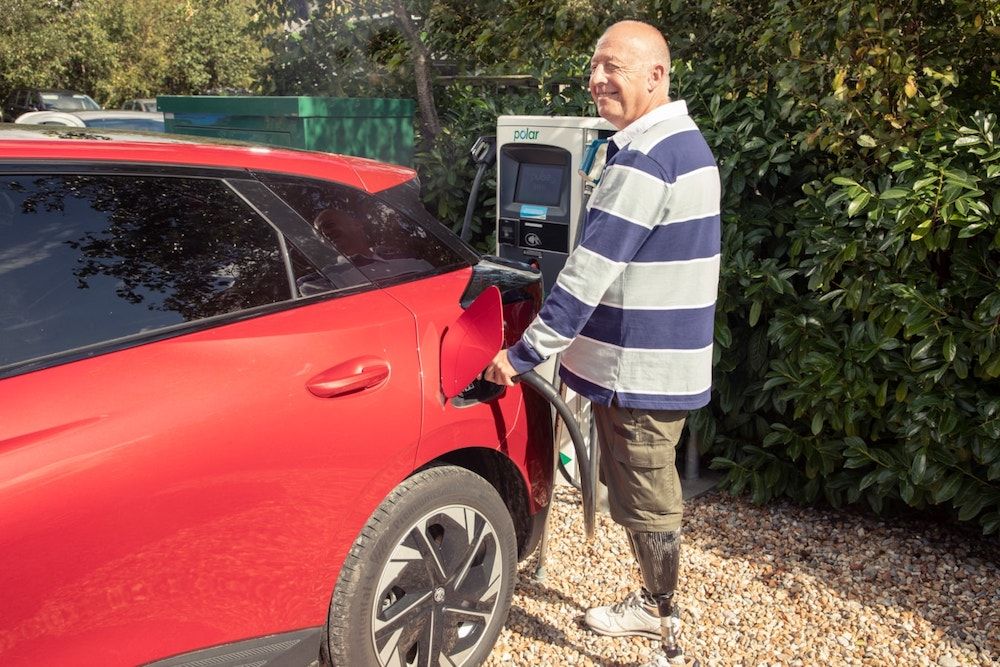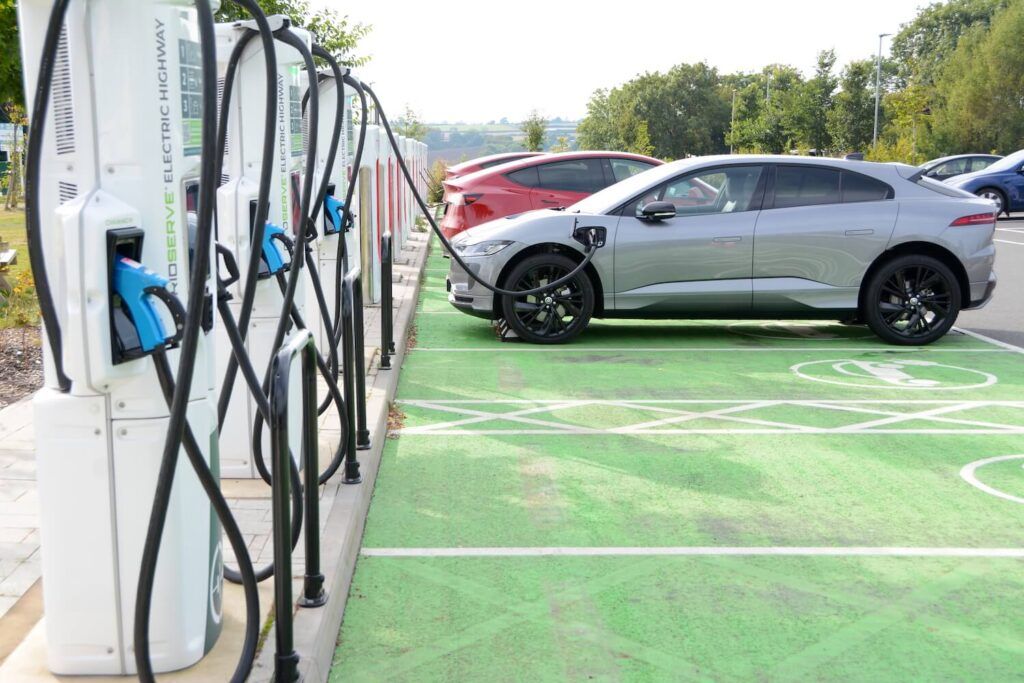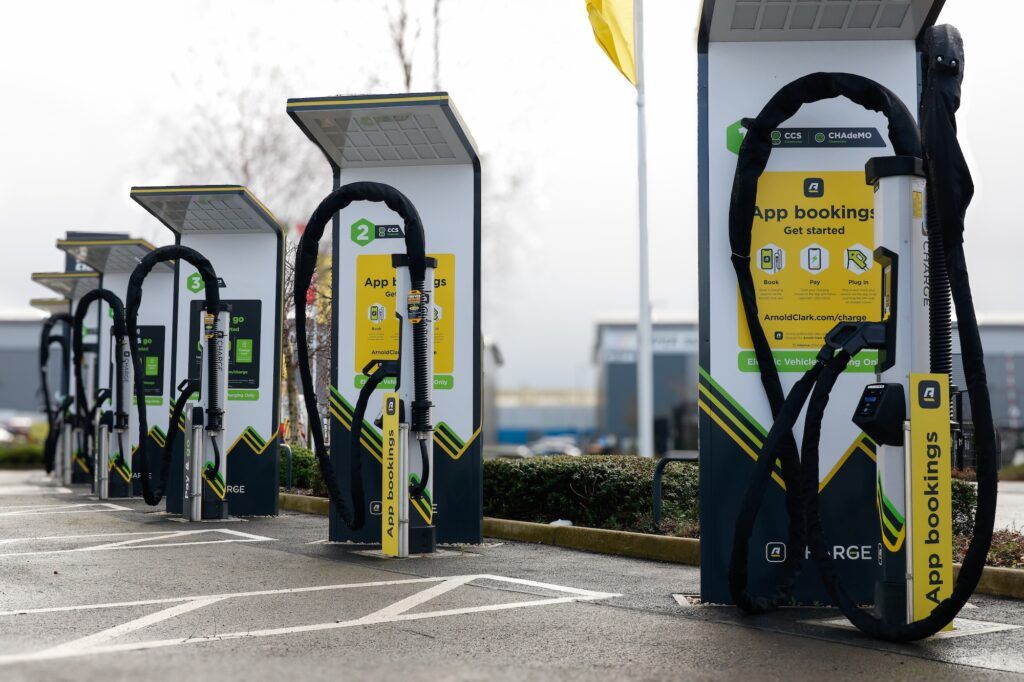Almost half (45%) of the UK public say they will not choose an electric vehicle (EV) until there is no other option, according to a new survey.
The findings, from Motability Operation’s EV Transition Tracker, includes a survey of disabled drivers in Motability’s Headlight Community, which found it was even greater for disabled customers with 65% stating they won’t change until they have no other choice.
The reluctance comes against positive perceptions of EVs with 40% having a positive opinion of such vehicles. But this is behind petrol and hybrid variants.
Issues with the public charging network appear to be a major roadblock with 45% who won’t buy an EV as their next vehicle stating a lack of charging as the reason – and 46% stating they cannot charge at home. In addition, the long running concerns about range (55%) and cost (55%) still dominate public perception.
Data from Motability Scheme customers revealed even greater challenges for disabled people when using the public network. Some 44% said they find it difficult to locate their nearest charging point, while a further 60% agreed that charge points are often unavailable and in use by others.
Among drivers who are unsure or not currently considering an EV, a third of UK respondents (33%) and 6 in 10 (59%) disabled customers agree they would consider moving to an EV if there was better public charging.
A community of more than 1,000 disabled people on the Motability Scheme took part in a test programme reviewing UK chargepoints and uncovering vital information such as their reliability and accessibility.
Of the 6,800 reviews submitted, many point to significant issues for disabled people, including bay size and space for wheelchair users; weight of the charging cables; hard to follow instructions; and facilities being too far away for disabled people to access.
Louise M, EV driver on the Motability Scheme, said:
“I switched to an EV in February this year. While the home charge point installed by Motability is easy to use and saves me money – thanks to my solar panels – the public charging network is another story. The bays are too small, and cables too heavy for disabled people. The facilities are also too far, meaning you’re just sitting in your car while you wait. I avoid charging outside my home.”
Andrew Miller, CEO at Motability Operations, said:
“The transition to EV presents a significant challenge – ensuring disabled people are not left behind as manufacturers move to produce electric models. “From working with our customers every day, we know that many face significant issues with the shift, particularly with the public network. Not knowing whether charge points will be easy to find or meet their accessibility needs is preventing many from switching.
“This has the potential to lead to cliff edge transition that leaves thousands of people behind.”
Nigel Fletcher, CEO of the Motability Foundation, said:
“There is a risk of disabled people being left behind in the rollout of public chargepoints – an issue that the Motability Foundation has been raising for a number of years. We estimate that up to half of disabled motorists –1.3 million disabled motorists – will be reliant on public EV chargepoints by 2035.
“The BSI PAS 1899 standard, which we co-sponsored alongside UK Government, was published in October 2022, and provides a clear specification on the minimum requirements to improve public chargepoint accessibility.
“A review of the PAS 1899 standard has also taken place, which provided an opportunity for industry to give feedback on achieving PAS 1899 compliance and engage with disabled people on their experiences with public charging. Taking on board evidence received during the review an updated version of PAS 1899 is likely to be available early next year.
“It has been the Motability Foundation’s position for some time that the PAS 1899 standard should be made mandatory by law. Providers of public charging should also be taking responsibility for ensuring their infrastructure is accessible.”
Image courtesy of Motability Operations












